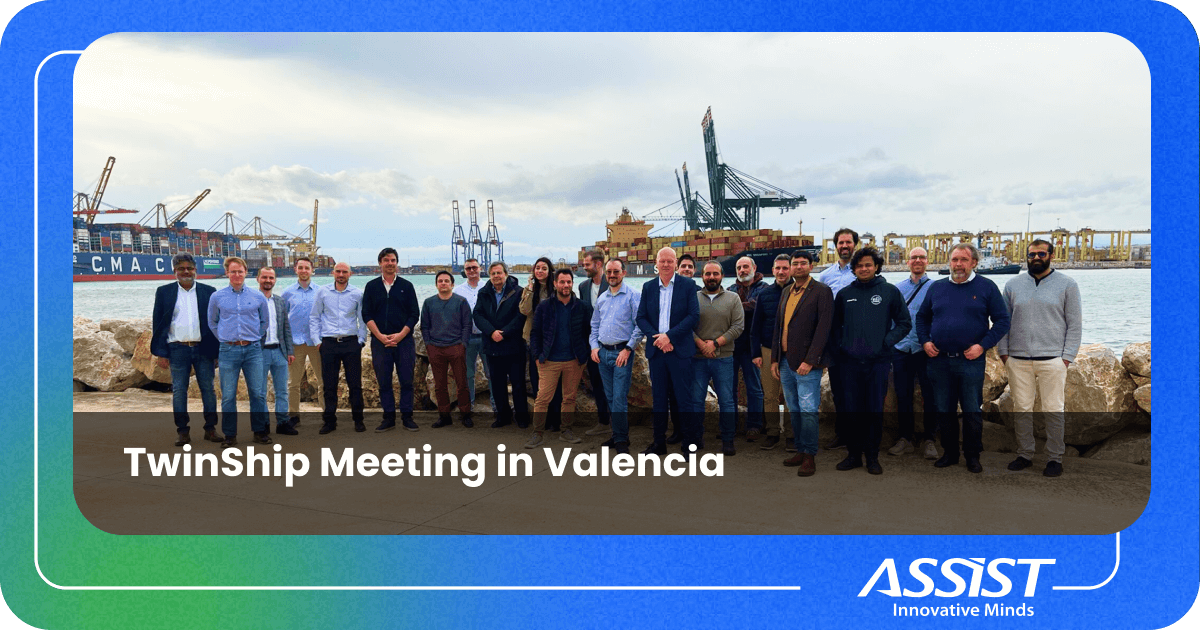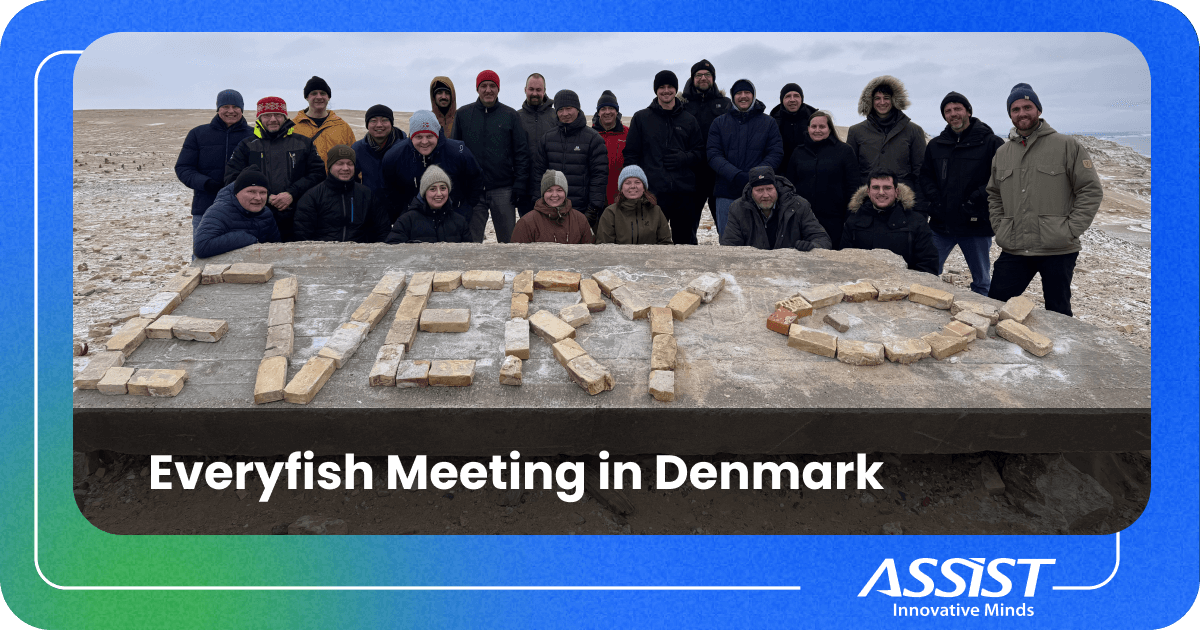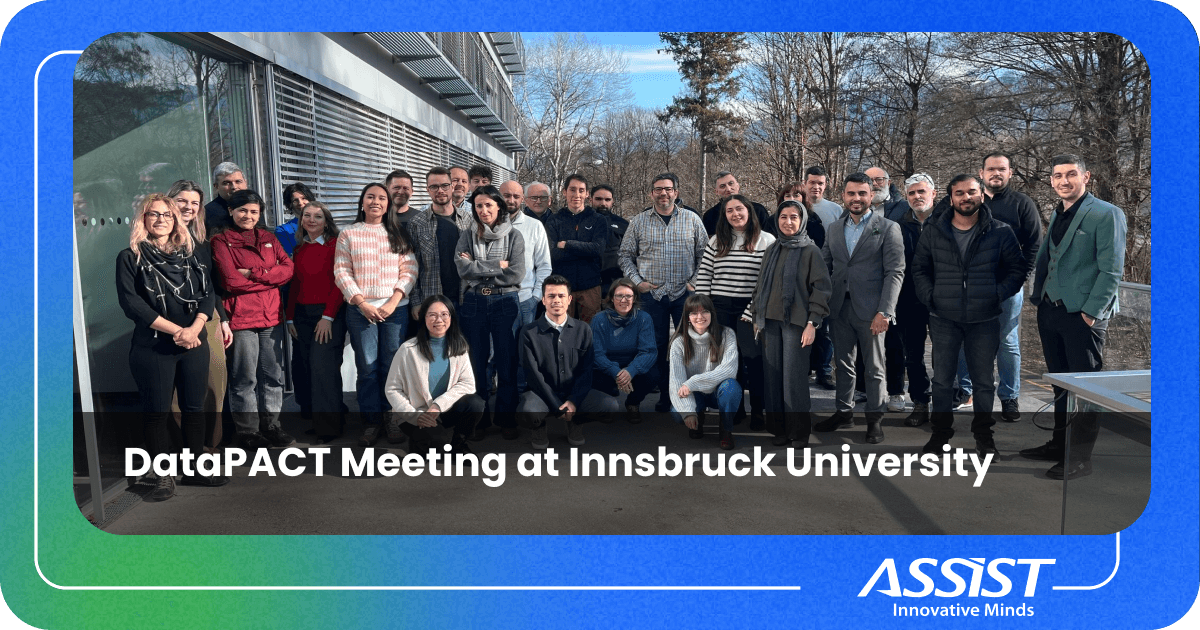CounteR Project's Final Review: Advancing Radicalization Detection Software

After years of dedicated research and development, the CounteR project recently celebrated a significant milestone: its successful Final Review Meeting with the European Commission, held in Brussels on June 28th, 2024. This event marked the culmination of efforts by a multidisciplinary consortium of experts dedicated to developing a groundbreaking radicalization detection software designed to track and prevent online radical content. This software has the potential to transform the fight against radicalization while preserving privacy and data protection.
The CounteR consortium presented their findings, technological advancements, and practical applications. The feedback was largely positive, indicating the project's effectiveness in addressing a critical societal challenge. The project stands out for integrating Natural Language Processing (NLP) technologies, Machine Learning (ML), and data mining techniques with deep psychological insights into tracking and preventing radicalization. Furthermore, Social Network Analysis (SNA) allowed for a better understanding of social networks' complex structure, dynamics, and connections. Using SNA methodologies, the CounteR solution facilitates the detection of radicalization hotspots, key nodes, and communities within these networks. This combination enables law enforcement agencies (LEAs) to identify and counteract radical propaganda, recruitment, and misinformation.
Software platform to detect, track, and prevent radicalization in online sources (Sign up for BETA testing)
Community-centric approach: The CounteR system targets radicalization hotspots within communities, preserving individual privacy.
Multi-source data integration: The tool analyzes data from multiple dynamic sources, such as social media and the deep and dark web.
Real-time coordination: LEAs can take immediate, coordinated action based on insights from CounteR, effectively targeting hotspots of radicalization.
Validation of technological efficacy: LEAs within the consortium have validated the CounteR tool and are already employing it daily. It assists them in detecting and addressing radicalization hotspots and implementing targeted interventions.
Impact on policy and practice: The project's outcomes are expected to influence EU policy, providing guidelines on data privacy, pseudonymization, and minimization.
Future applications: Beyond LEAs, the NLP capabilities developed through CounteR have potential applications for Internet Service Providers and Content Management Systems, aiding in content moderation to prevent the spread of radicalized comments.
As we move forward, we are excited about the potential impact of the CounteR project in combating radicalization and enhancing community safety. Building on the project's significant achievements, the consortium remains dedicated to capitalizing on its outcomes and advancing them towards an end product. Proactive steps are being taken to secure additional funding, enabling the CounteR solution to progress to the next level.
Sign up for BETA TESTING, the tracking and prevention of radicalization solution https://assist-software.net/contact-us
Coordinated by ASSIST Software, the Privacy-First Situational Awareness Platform for Violent Terrorism and Crime Prediction, Counter Radicalization and Citizen Protection Project or CounteR is funded by the Horizon 2020 program of the European Union and submitted under the H2020-SU-SEC-2020 call for proposals, with project ID 101021607.



